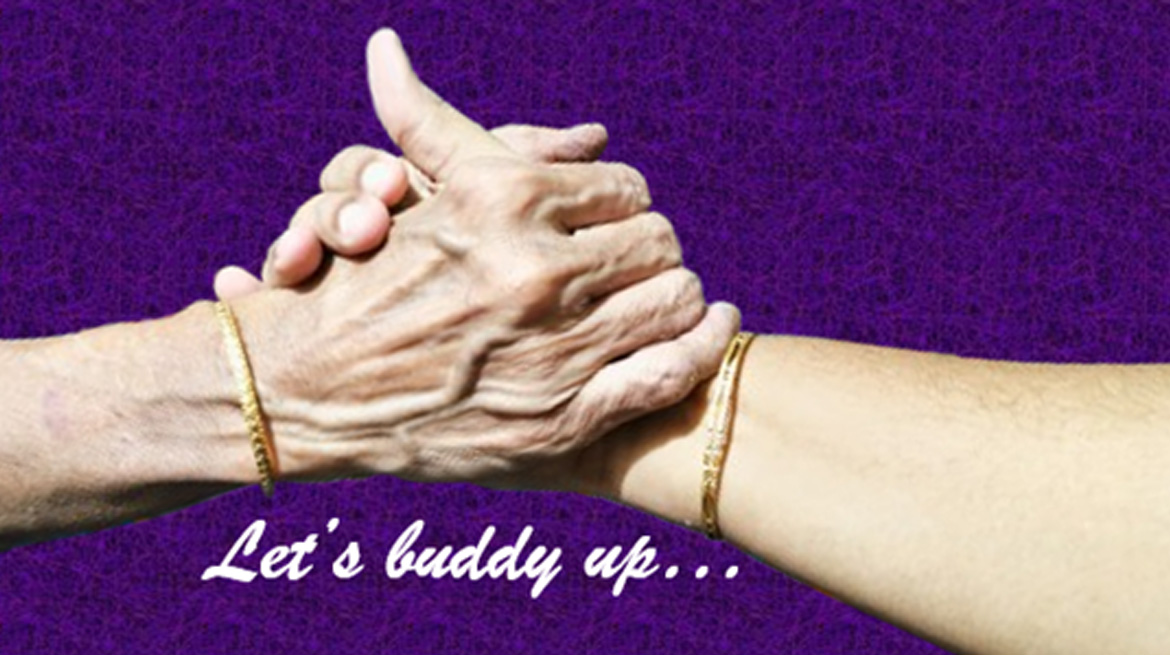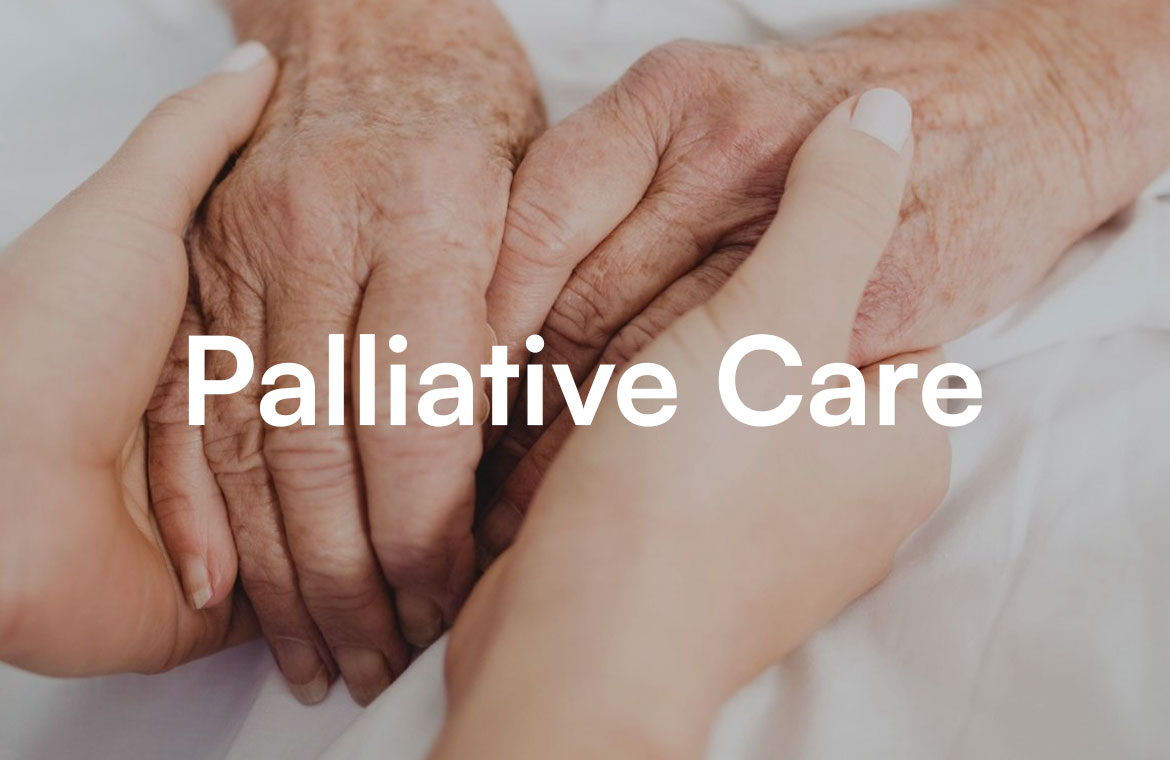“It’s just about 2 hours’ visit for 2 weeks. Please think about it again,” I heard my post-graduate (PG) doctor trying to convince a mother. Over the last six months, there have been multiple such attempts from different levels of health staff in varied ways.
“We’ll see next time,” said the 30-year-old mother as usual. She walked out of the primary care centre carrying her 6-year-old son as if he was 2-year-old. He did look so though. He is a child suffering from Cerebral Palsy; and all these discussions were to convince her for initial rehabilitation care at a tertiary care facility followed by home based rehabilitation.
In the scenario, the health system checks four out of five A’s (i.e. Available, Accessible, Affordable and Adaptable.) These four A’s were not sufficient to ensure the fifth one i.e. Acceptability. But why? Read on…
- Neighbours stare at us when health team members come to our house.
- No money to spend on transport (Per visit charges: INR 60 via bus and INR 300 via auto).
- Mother-in-law is alone at home, she is old, can’t leave her alone.
- We will be going back to our village in a few days.
- Husband has denied, he will scold me if I listen to you.
If all the above reasons were addressed, then the ultimate one would show up.
- Everything what you say is right. But you don’t know what I am going through.
It is in situations like this that you feel helpless. You know there’s something good that can be done. You know that the process is actually quite expensive but it is now cost-free. You know that the child’s and family’s quality of life will improve significantly. But the key beneficiary is declining.
What’s the issue here?
This is an example of concerning and consistently poor health / care (not really) seeking behaviour (HSB), seen in many families. All the principles and techniques that one learns about health education, behaviour change communication, community mobilization, needs versus demands etc. seems to be futile. This is where the line between medicine and sociology fades.
What decides one’s HSB?
HSB is not an isolated element. It is a venn diagram with overlapping effect of: health beliefs, past experiences and information. Information, appears to be the modifiable factor. However, more often than not, there seems to be delay in decision making secondary to reluctance in acceptance of the information. This delay is further influenced by many factors; two of which falls within the pursuits of the health team. They are:
- Who will deliver the information?
- How is the information delivered?
Can ‘Buddy pairing’ be a solution?
The concept is not novel at all. It is a symbiotic relationship between 2 units so that both are benefitted. This is being implemented for lifestyle modifications, NCD care, mother crafting etc.
“Sharing tips, advice, experience and personal stories are critical in coping with a rare disease,” said nursing personnel. Clinical psychologists also support the concept, as here the buddies seem to ‘get it.’ Buddies would be very empathetic and motivating towards each other.
There is a modified version, called as ‘accountability buddy,’ where one of the two has already crossed the initial barriers of emotional turmoil, delays in decision making etc. He will be able to share the lessons he learnt, probably in a way that will be more convincing for the buddy who is suffering. Accountability buddy may invite his partner to observe and assist him in related chores.
If executing ‘buddy pairing’ in the above scenario, the additional stress that might be added to the duties of the accountability partner should not be denied. He must be assessed periodically for burn out and maybe in some cases, accountability buddy could be trained to not overwhelm himself or others. Benefit for the accountability partner in such a situation would be that, there will be another purpose for life apart from the routine. He would have a sense of satisfaction that he is able to help someone and serve the society.
In this context, the health team off late has identified a potential ‘Accounting buddy family’ for our family with poor HSB.
How is our potential ‘Accounting buddy family’?
Just 20 km away is another family matched for education and occupation of parents having a 22-year-old son living with (NOT suffering from) CP on wheel chair. There’s a father here, who migrated away from his parent state to cut the ties from his so-called relatives and friends who would comment on the child. There’s a mother who is running a small shop from the veranda of her home to support the family while being available for the son. There’s a 20-year-old sister pursuing Physiotherapy bachelors on loan while volunteering in the evenings with a Physiotherapist. The parents who are educated up to ‘only’ higher primary schooling were openly discussing with the team if their son would have any sexual instincts which he wouldn’t be able to communicate and about options on how to manage it. The family knows not of the term ‘emotional support animal’ but have discovered on their own that cats and dogs help the family to relax, to be peaceful; somehow the special member of the family is attached beautifully with the cats.
Current status?
The health team which was at the verge of giving up is now assessing the feasibility of bringing together the 2 families for a meeting. This time, there’s a never-before positive vibe in the preparation.
After all, at difficult circumstances, best what a public health expert can do is to facilitate a meeting between varied spectrum of individuals / any stake holders for that matter, moderate the discussions and attempt to direct the conclusion towards positive health.




